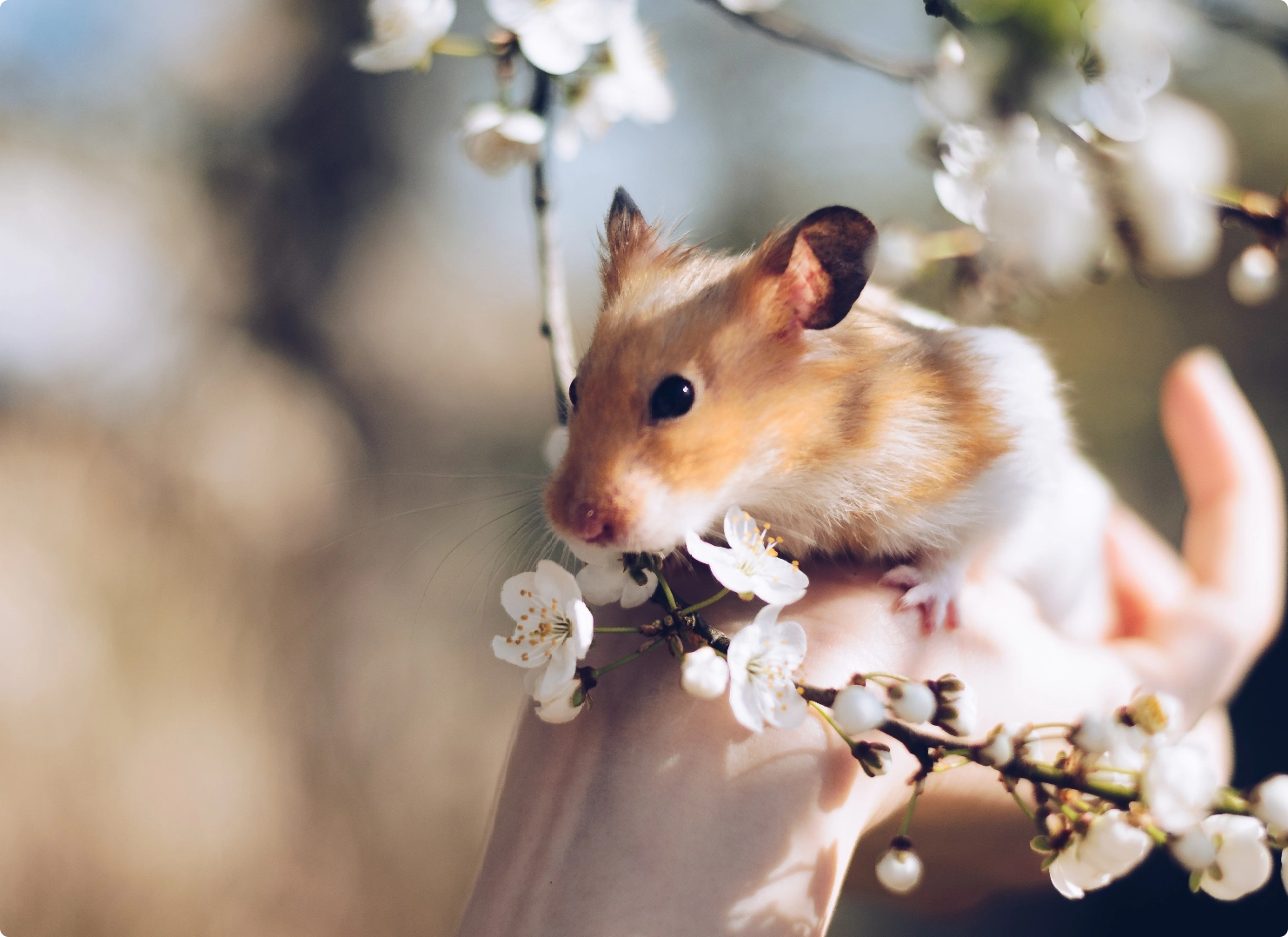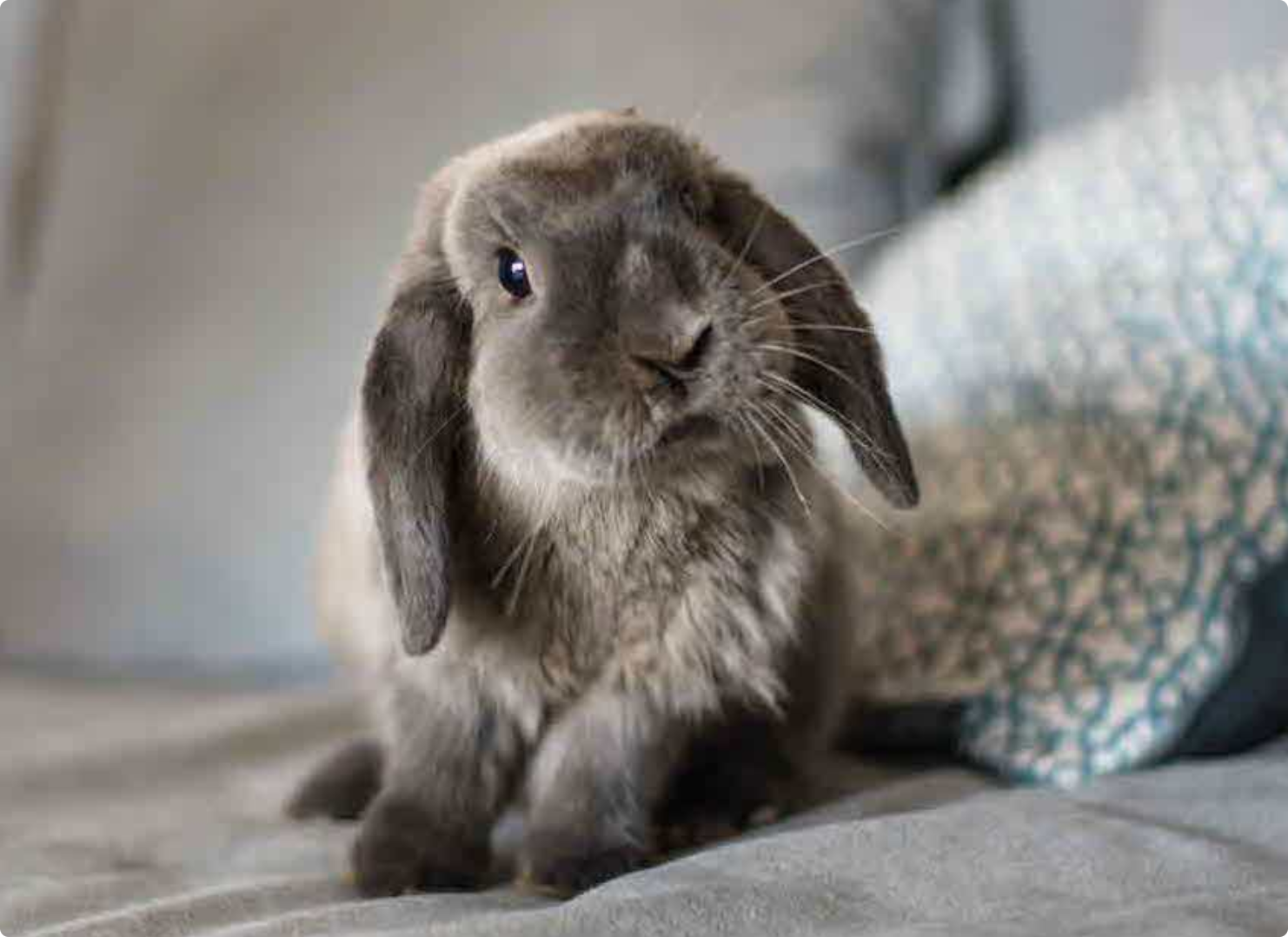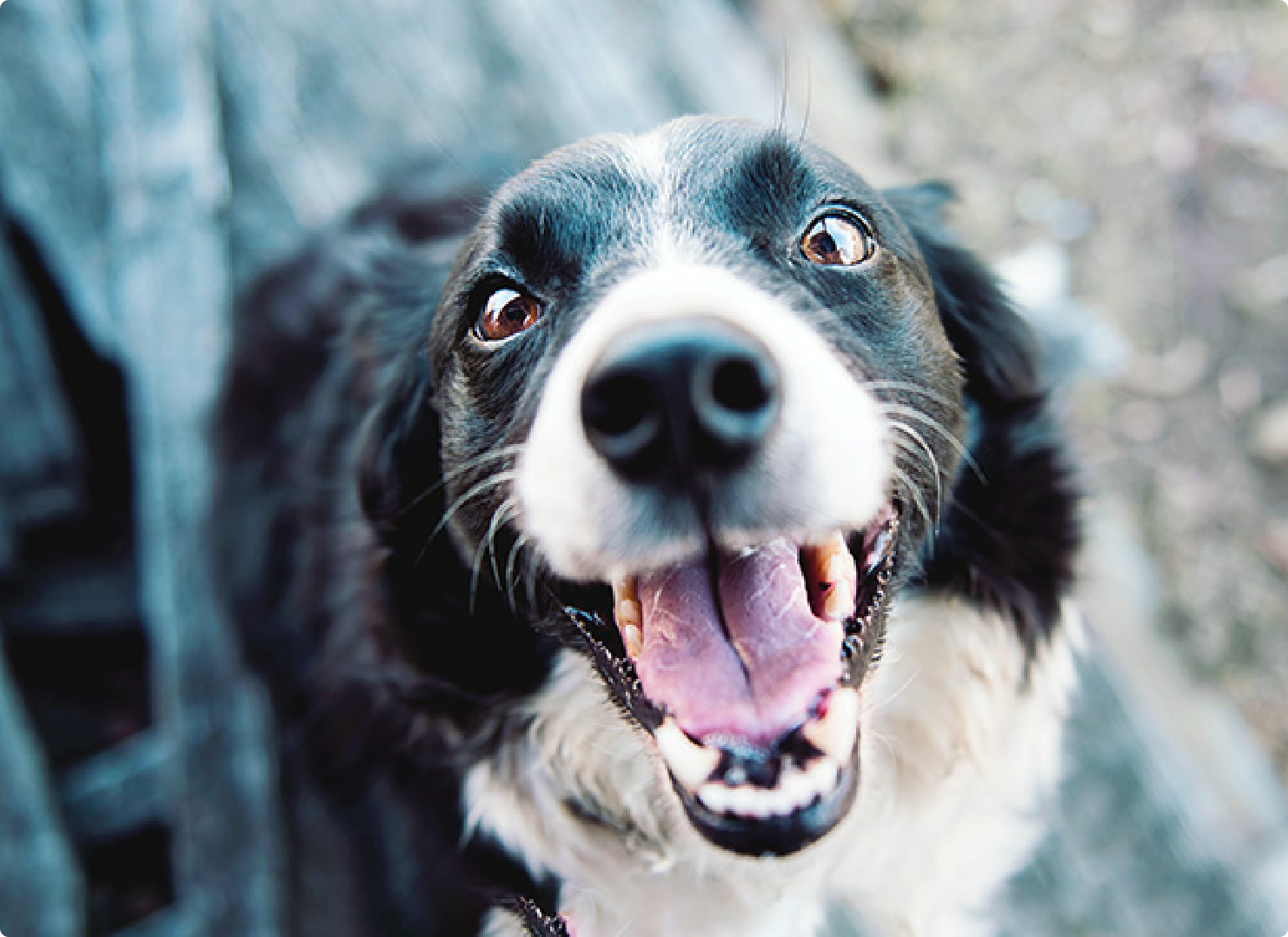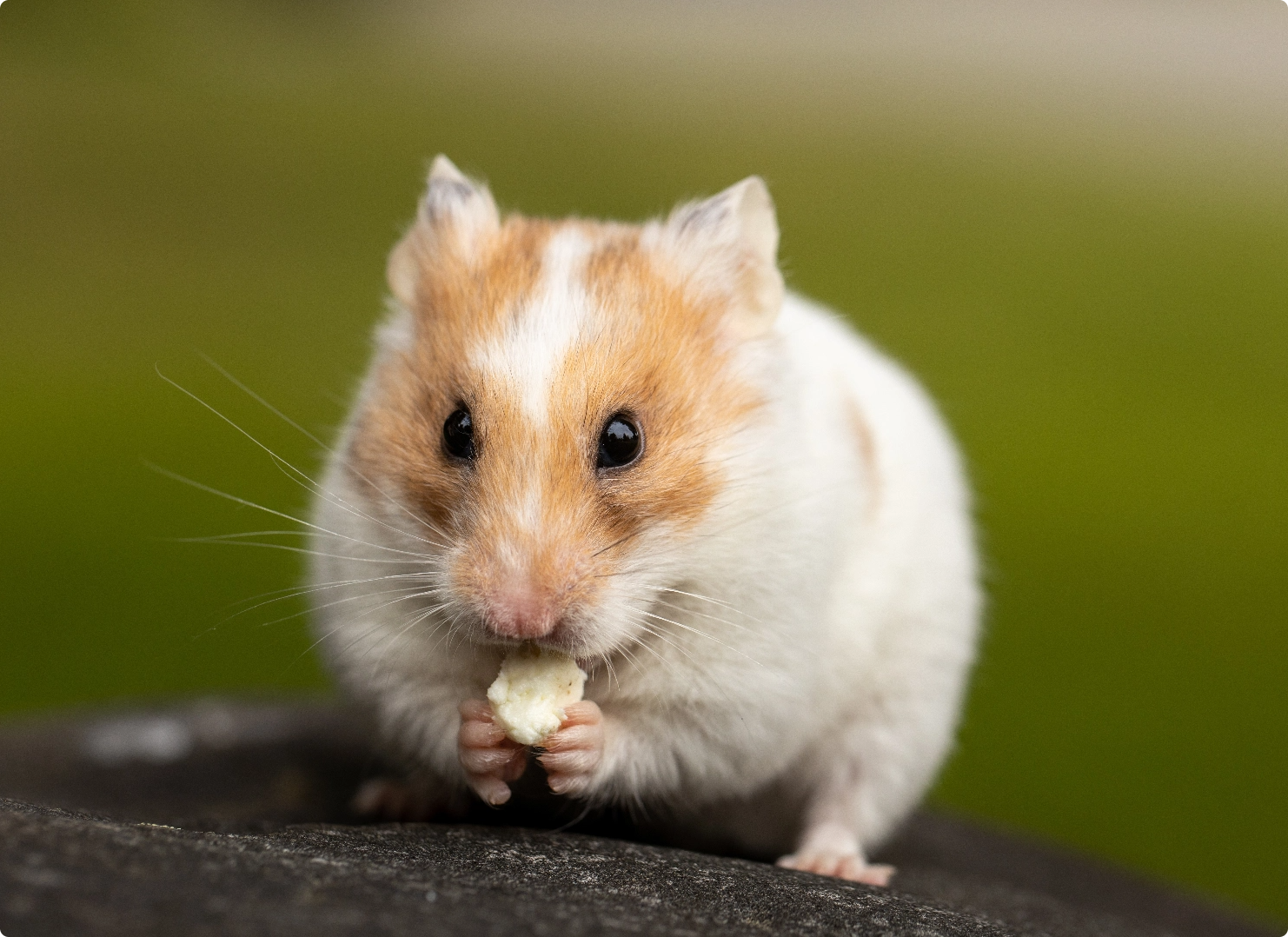
Give Your Hamster the Best Diet To Stay Healthy!



Give Your Hamster the Best Diet To Stay Healthy!
Water Check:
You hamster’s water bottle should have a valve-less sipper tube as hamsters are not able to apply strong suction, so they sometimes find it difficult to suck water from a traditional ‘ball-valve’ sipper tube.
As long as the sipper is of a relatively small diameter, or has been manufactured with a pinch in the segment, your hamster will find it far easier to use. This may be particularly important for young, old or sick animals.
Make sure you check the water bottle daily for leaks and/or blockages and change your hamster’s water at least once a day.
You should also make time to regularly clean the bottle and nozzle properly to avoid contamination.
Feeding Time:
Hamsters love to hoard food in a private larder, often in their nest box, they carry food in their cheek pouches (large pockets inside their cheeks), and can often be seen retreating from their food with bulging cheeks.
Your hamster needs a good quality, balanced diet, you can provide either commercial hamster foods, which are specially formulated to provide all the necessary nutrients and minerals your hamster needs to stay happy and healthy, or you can provide a mixture of different seeds, grains, nuts, washed fruit and vegetables.
Put the food directly on the cage floor or in a flat dish but don’t be surprised when your hamster turns it over and transfers the contents to his/her larder! Scattering the food on the cage floor will give your hamster something to do and encourages natural food-gathering behavior.
Don’t suddenly change your hamster’s diet, or allow food to become stale, as this can lead to stomach upsets.
For variety, you can offer small quantities of greens, cleaned root vegetables or pieces of fruit such as apples, but remove them if they are not eaten and become soiled or go brown.
And remember, grapes and rhubarb can be poisonous to hamsters.
Keep an eye on how much your hamster eats and drinks, if they start eating less food than usual, their droppings become moist or the hind-quarters become soiled, take your hamster to the vet straight away.
Only give wet or powdered food if a vet advises this, for example because of a dental problem.
If a hamster is sick and requires wet food, it is important that all traces are removed and new food given at least twice a day to ensure that the food does not start to go moldy.
Health and Welfare:
Hamsters can become unwell and go downhill very quickly, but may often only show subtle signs of being in pain or distress when they can be suffering severely. So it’s important to keep a regular check that your hamster is behaving normally, moving around, breathing well, and that he/she has bright eyes and a shiny coat.
Have a good look at your hamster when you handle it, run your fingers gently over their body checking for lumps and bumps and a good body weight, if you notice that you can feel your hamster’s bones more than you could before, it might mean that they’ve gone off their food.
Hamsters can be affected by many diseases and they can become infected by contaminated food, water or litter material.
A boring environment, stress, frustration and/or lack of mental stimulation can lead to hamsters developing repetitive behaviors (such as running in circles or gnawing the bars of their cage for long periods of time), if you notice behaviors like this, try getting a bigger cage and providing more toys and activities for your hamster.
You should also make sure your hamster isn’t being disturbed too much by young children, other pets, or by people waking them up when they should be asleep. If you don’t see any improvement in your hamster’s behavior, ask for advice from your vet.
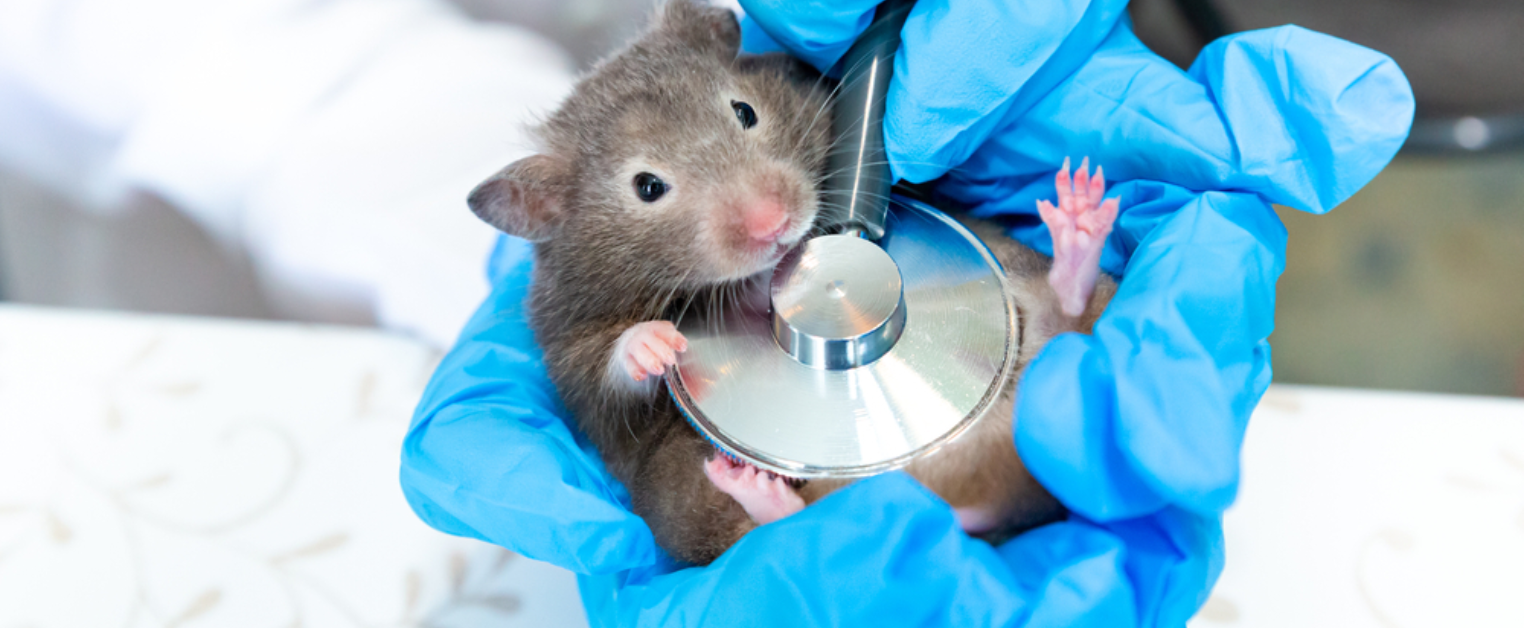
Regular Checks and Grooming:
Teeth:
Hamsters’ teeth grow continually throughout their lives so they need to gnaw objects to keep their teeth sharp and regularly worn down.
If their teeth become overgrown, they need to be taken to the vet.
If one incisor tooth is damaged, the other tooth can keep growing and eventually may stop your hamster eating.
Hair:
If your hamster is long-haired, make sure his/her coat is kept clean and un-matted by regular combing and brushing.
Hibernation:
Your hamster may begin to hibernate in winter. If this happens, make sure there is always fresh food and water available for when your hamster wakes up.



